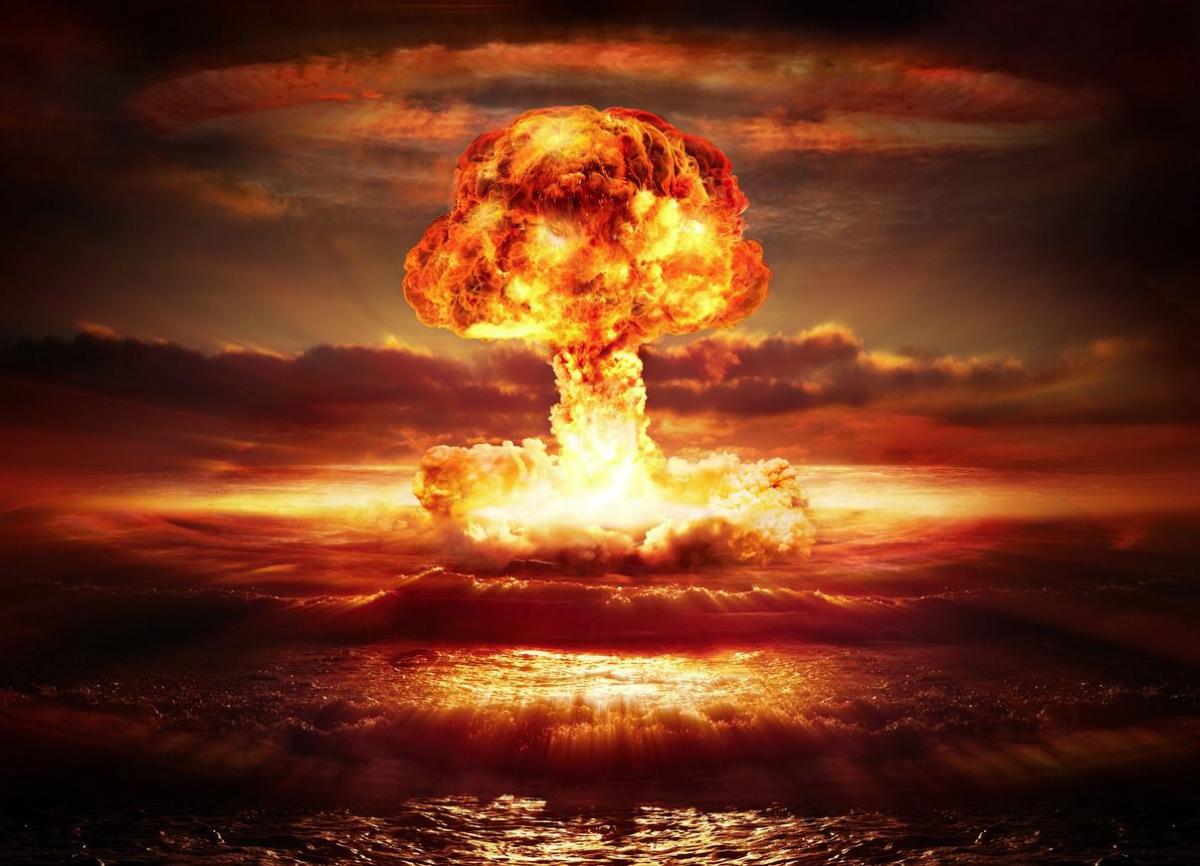United Nations: the Treaty on the Prohibition of Nuclear Weapons set to enter into force in January

The ratification of the Treaty on the Prohibition of Nuclear Weapons will now come into force on 22 January, after Honduras became the 50th Member State to ratify on 24 October. Adopted on 7 July 2017 at a UN conference in New York, the Treaty represented the first multilateral legally-binding instrument for nuclear disarmament in two decades.
So far, the main nuclear powers of the United States, the United Kingdom, Russia, China, and France, have not signed the accord, neither Italy has not signed nor ratified the Treaty.
The UN Secretary-General António Guterres in a statement commended all the countries whose ratification of the accord, approved by 122 nations at the General Assembly in 2017, who have helped bring the ban on weapons this far, singling out the work of civil society groups.
Chief among those, the International Campaign to Abolish Nuclear Weapons (ICAN), which was awarded the Nobel Peace Prize in 2017, declared through Executive Director Beatrice Fihn that the coming into force was “a new chapter for nuclear disarmament. Decades of activism have achieved what many said was impossible: nuclear weapons are banned.”
The treaty declares that the countries ratifying it must “never under any circumstance develop, test, produce, manufacture or otherwise acquire, possess or stockpile nuclear weapons or other nuclear explosive devices.

